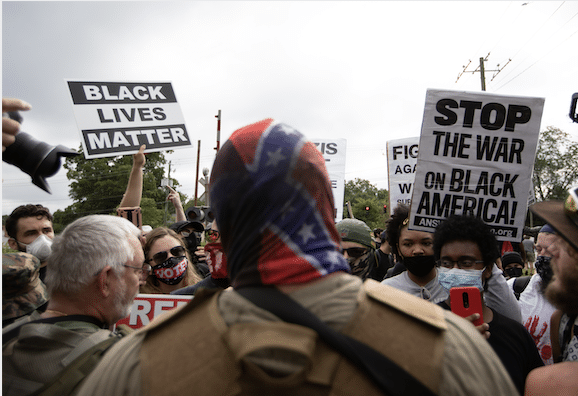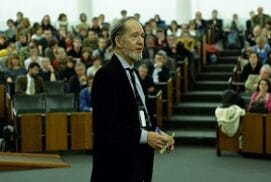James D. Hunter 20 December 2024
The polarization of different common culture is emerging, but tragically, it is not one that fosters unity. Instead, it is a culture of nihilism, driven by a logic of ressentiment—a narrative of injury that seeks revenge through a will to power. This culture’s negations, as Rieff once put it, lead to a nothingness that can be both radical and reactionary at the same time. The challenge of meaningful and effective governance under such conditions is immense, if not impossible. All of this is true in its own right. Add to it the multiple crises of global poverty, rogue states with nuclear weapons, climate change, mass immigration, and an increasingly unstable international order, and the stakes become even higher. My argument is that we are at a moment when the answers to these fundamental questions about the vitality and longevity of liberal democracy can no longer be taken for granted—not because of our polarization, but because we no longer have the cultural resources to navigate what divides us.









